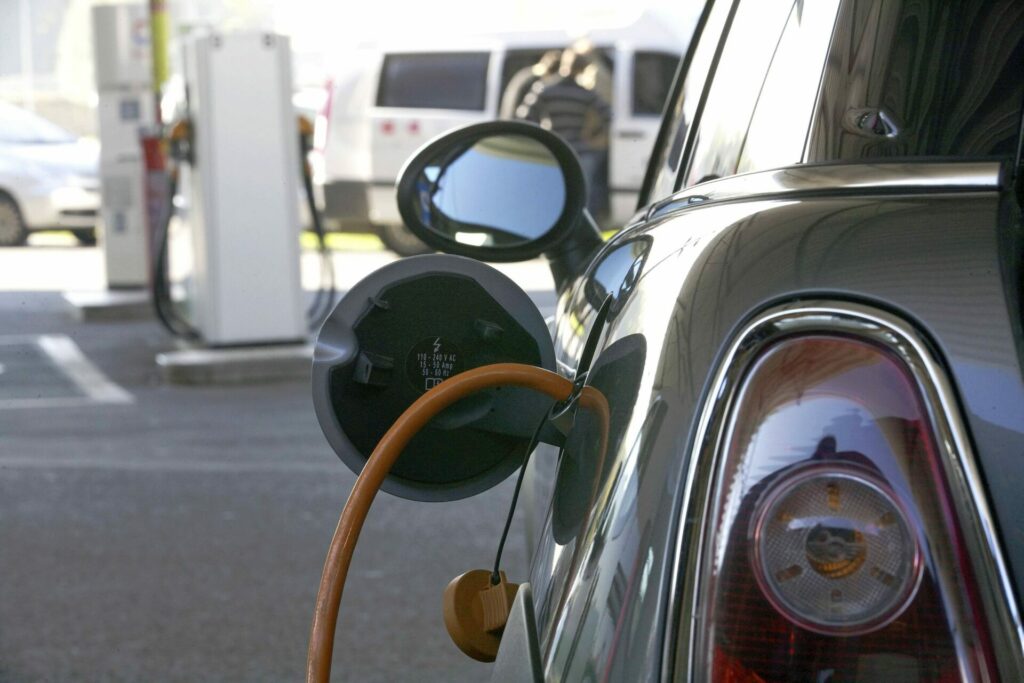From 2024, private individuals in Flanders can receive up to €5,000 for buying their own electric car, new or second-hand. However, the measure has been deemed insufficient by the car sector, while others criticise it as a band-aid solution.
During the annual 'September declaration' on Monday, the Flemish Government's policy and budget for 2024 was unveiled. The announcement included a new premium system for electric cars that will allow any resident, association or provider to receive financial support when buying an electric car costing a maximum of €40,000.
For new cars, the premium will be €5,000 next year, and €3,000 for second-hand cars. The premium will be phased out year by year.
The news comes as part of the region's latest bid to switch to a greener fleet. Electric SUVs are becoming increasingly popular among corporate users, with fossil-fuelled vehicles quickly falling out of favour as company vehicles due to the Federal Government's tax reforms which make emission-free company cars more fiscally attractive. Private individuals are showing a bit more hesitancy, and it is hoped this premium will win them over.
Car industry federation Febiac has welcomed the premium, but stressed that it would have liked the premium to be slightly higher as it is insufficient to cover the full additional cost. However, it did stress that the extra cost of an electric car is recouped after three years, as the price of diesel and petrol is currently double that of electricity.
"That means you save half the cost per kilometre driven. If you drive 20,000 kilometres annually for three years, after three years you will be better off and cheaper with an electric car." Febiac therefore believes that with this perspective, individuals will be won over to invest in an electric car.
Missing the point
On the other side of the debate, Bond Beter Leefmilieu (BBL) has completely rejected the premium system. It has been criticised as a convenient solution without providing structural change to fully make mobility more sustainable.
Recent BBL research shows that if the current trend continues, less than half of new cars will be fully electric by 2029, and the organisation says the premium policy will do little to change that.
"A subsidy is an easy solution to structurally not having to change anything. It ends up with people who do not need it, or with the car sellers themselves, increasing the average price of cars," said Naomi Cambien, mobility policy officer at BBL.
She stressed that people need a stable framework: an electricity price lower than diesel or petrol, a reliable second-hand market for electric cars, smaller electric models and clarity on phasing out by 2029. "For low-income earners, social leasing makes more sense than a one-off premium."
The organisation noted that, if the Flemish Government is adamant about working with premiums, it would be better to attach strict conditions to it, for example, to make the privately bought electric car available for car sharing.
Overall, however, structural investment in public transport is needed. "Replacing every car one by one with an electric version is better for air quality, but not a solution to traffic jams, nor to the shortage of space. Investing in this type of mobility shows vision for the future," Cambien concluded.

